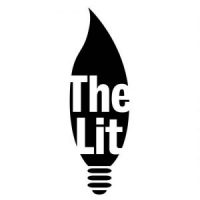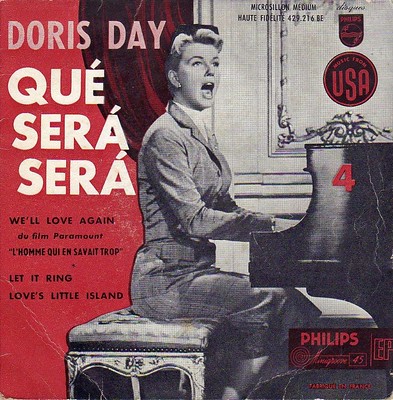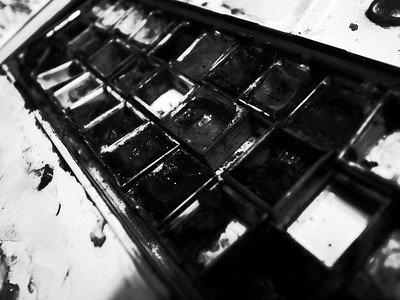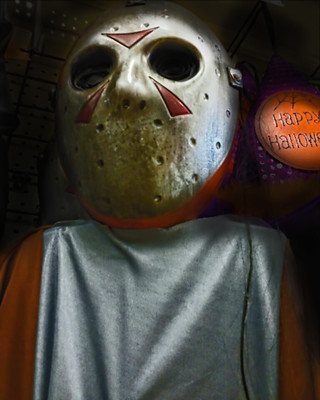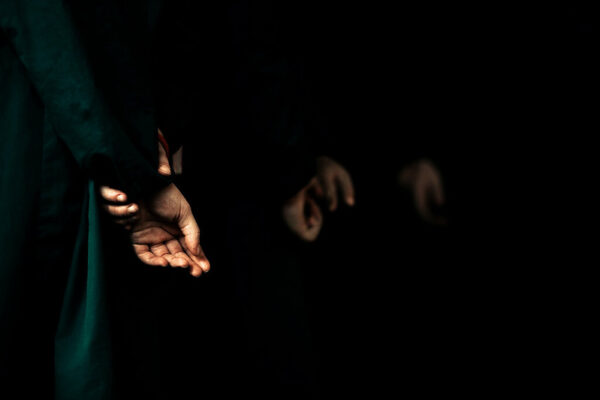by Tamra Cosby
[trigger warning: sexual assault]
Dear Johnathan,
Looking at my GPA reminds me of you
I am reminded of the paralyzing pain
swollen pussy
your peculiar smile in my head
like a catchy commercial
Some niggas never get off probation
your excuse to stay inside of me
after revoked access.
Empathy for our life wounds
led us through a shower
hands intertwined to your bed.
I never thought
you would be another rapist
I knew by name
Heavenly Father
thank you for my place
on your wake-up list
every morning. Thank you for blessing my
beating heart with empathy, passion, and
purpose. Sometimes I question
Why do you love me?
Why did it take this long for me
to love you back?
I just can’t believe that you, would have anything to do
With someone so insecure, someone so immature
(Lyrics from Lauryn Hill’s “Peace of Mind”)
(read in a mimicking voice)
If it wasn’t for this Me-Too movement
I would laugh at you
Daughter of transit workers
Keith Cool Cos strong boxer
Suzette dimpled, light skin, short, strict
(read in a mimicking voice)
If I knew about your father’s other kids
you wouldn’t be here
Insults from a drunken bitch
Oops, I mean my older sister
(read in a mimicking voice)
Raggedy ass
Hot hoe
Get your life
You’re a disgrace
My daughter is doing better than you
I really used to love you
You burning
Go back to the projects with your mom
The youngest of 8
Felicia, KeKe, Shanesha, Sean, Shannon,
Keona, Yndira
The youngest of 2
Richard
Feeling like an
only child
of 8 siblings
Matthew, Sheldon, Ty, Faison
(read in a mimicking voice)
You know you kant tell her bout me
You know that right?
That’s all you can say?
I lied about my age
You got a train ran on you in the Bronx
I was drugged
Get Up
If you had told me, you were raped
I would’ve stopped
Dear Sheldon,
I barely knew you. We met on Facebook
I wanted to sleep
you pulled me up, tugged my pants
did I ask for this?
I wanted to sleep
Now your friend thinks it’s his turn
Footsteps come our way
Ty leaves me alone
I wander to the exit
Find my way
Father GOD high school was hell
I needed you more than unwanted
male attention
more than the sweet and sour lies
I believed. I needed your words,
your genuine touch
to call your name
instead of moaning theirs
At 15,
Minnie Mouse tattooed on my right thigh
Small metal balls on the tip of my tongue
like a python’s eyes
Tongue piercings are for freaks, hoes, thots
You can’t come out with me with that in your mouth
I dreamed of sweet sixteen
a beautiful cotton candy pink dress
pictures with my friends
dancing our feet blue
Anesthesia burns my left arm
light beams drift to black
R.I.P baby
Wanton soul
Rebellious
Honors student
(read in a mimicking voice)
You don’t have a life
You look miserable
I am
Suicidal broken-hearted girl
Too weak for cutting
Pills with the most milligrams
washed down with white wine
If only my teen years were filled
with sleepovers and dance classes
Grown boys used to reside here
The devil works to dim my light
Kason, Benny
have you ever seen
one hand fights and the other guards
his weight to pin her down
Let’s pick our brains
like sunflower petals
Hold me from behind
gently wrap your arm around my neck
come sit with me under the moonlight
spark a spliff and take flight
You gave me hope, can I give you some
Psalm 65:11
Mark 9:23
Matthew 6:33
College?
A never-ending dream
During a living nightmare
it became my reality after
two long years.
Desperation drove me to places
I never wanted to explore
New Jersey
An Amsterdam wild night
in between her legs
she rides my face
Harlot in training
giving tricks thrills
watching my self-worth deteriorate
Came a long way from fighting in hallways
traumatic days
dazed and floating through life
misunderstood and misidentified
years of tears
Came a long way from shaking
my ass for money
I said what I said
don’t look at me funny
City Scapes
I can’t talk about love or feel love
unless it’s GOD, family, and friends
Am I capable of loving?
Will I ever love again?
you need a spiritual man
someone who builds dreams
a man who makes canvases in bed
who celebrates your grind
wants you to shine
get high, drink wine, watch him dine your body
travel the world with you, his lady
You helped me breathe
through gasps of air
I held you inside of me tightly
2017
● Psychotic break (Psychosis)
● Psych ward
Anesthesia burns my left arm
Involuntarily transported
It’s 4 A.M. I have 3 hours until
I can leave my room
One day I will become what I want…
A poet psychologist
carelessly soaring through life
like a vibrant orange butterfly
no obstacles stop me
flap my wings and smile
it’s underneath me
Stomp out demons on my way to the light
drag them in my hand
I won the fight
Tamra Cosby a.k.a Mama Cosby is a 22 year old African American woman from South Jamaica, Queens. She is a sophomore at LaGuardia CC and is majoring in psychology. In 2019, Tamra was elected VP of Leadership in LAGCC’s Phi Theta Kappa Chapter Alpha Theta Phi. She aspires to become a licensed psychologist with her own private practice and aspires to write books. Her hobbies are reading, writing, dancing, yoga, and going on walks with her dog. Tamra’s trauma history and the loud silence of her suffering inspired her to write it out. She began digging deeper when she became a part of The Rock Churches poetry ministry. One of her biggest inspirations is Nikki Giovanni.
